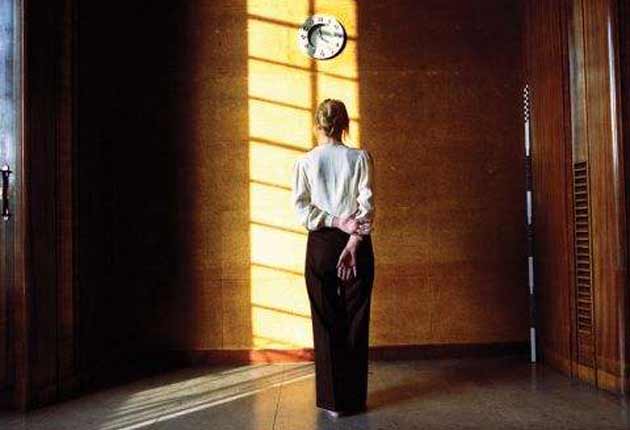Jane and Louise Wilson: Unfolding the Aryan Papers, Talbot Rice Gallery, Edinburgh

Your support helps us to tell the story
From reproductive rights to climate change to Big Tech, The Independent is on the ground when the story is developing. Whether it's investigating the financials of Elon Musk's pro-Trump PAC or producing our latest documentary, 'The A Word', which shines a light on the American women fighting for reproductive rights, we know how important it is to parse out the facts from the messaging.
At such a critical moment in US history, we need reporters on the ground. Your donation allows us to keep sending journalists to speak to both sides of the story.
The Independent is trusted by Americans across the entire political spectrum. And unlike many other quality news outlets, we choose not to lock Americans out of our reporting and analysis with paywalls. We believe quality journalism should be available to everyone, paid for by those who can afford it.
Your support makes all the difference.As you walk up the stairs, a sombre female voice wafts towards you. It is that of the Dutch-born actress Johanna ter Steege who was cast in the lead role of Tania, a Polish Jew, who assumed the identity of a Catholic to save her family in Stanley Kubrick's aborted Holocaust film Aryan Papers. It is coming from a huge black gauze-like installation which dominates the gallery.
Based on Louis Begley's novel Wartime Lies, Kubrick's project was scrapped a few weeks before he was due to start producing – but its memory lives on in Jane and Louise Wilson's probing, melancholic exhibition in which their 17-and-a-half-minute film inside a black box is relayed via side mirrors into a wavy infinite.
Hauntingly shot by the 42-year-old identical twins at the semi-abandoned art-deco style Hornsey Town Hall, built in the mid-1930s in Crouch End, the film splices together Ter Steege's intimate reflections of her relationship with Kubrick and her despondency at the scotched project, with her reanimated role as the intense Tania and stills of her younger self as the tender, beautiful Pole who formed a secret relationship with "a German friend".
Born in Newcastle, the London-based sisters were shortlisted for the Turner Prize in 1999 for their claustrophobic study of the abandoned missile silos at Greenham Common and the disused Stasi building in Berlin.
Here, 10 years on, their camera caresses forms, lingers poignantly or approaches eerily from behind or sinisterly from below. Colour shots are grafted on to black-and-white ones as the present and the past commingle, while the film is shot through with black-and- white images from the Kubrick archive, part of his research for the project.
The Holocaust, Kubrick's film of the Holocaust that was not made, this film about the film that was not made – there are several layers of reality at play here.
In a central cabinet, "43 Studies for Unfolding the Aryan Papers" features photographs with notes sribbled in pencil. So, beneath a close-up of hanging ropes and iron grilles, with some half-obscured writing behind, is written: "We hear footsteps approaching". And beneath another, "Interior wardrobe room, Hornsey Town Hall, sunlight hits wall at 2pm".
Around the corner, "Still for a Film Never Made" shows Ter Steege from behind at 4pm, facing the light, but surrounded by shadows. It evokes a powerful sense of loss.
To 26 September (www.trg.ed.ac.uk)
Join our commenting forum
Join thought-provoking conversations, follow other Independent readers and see their replies
Comments